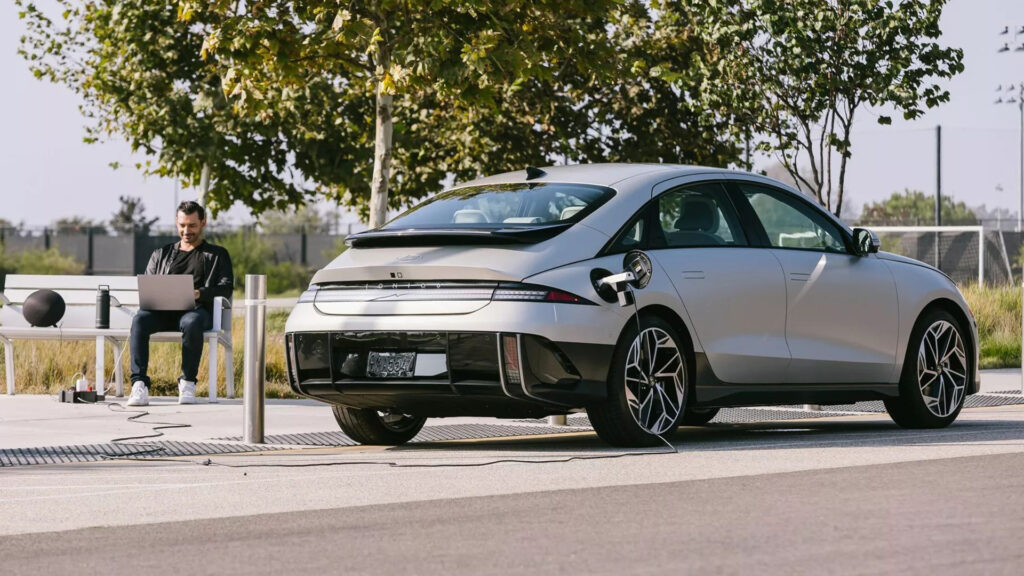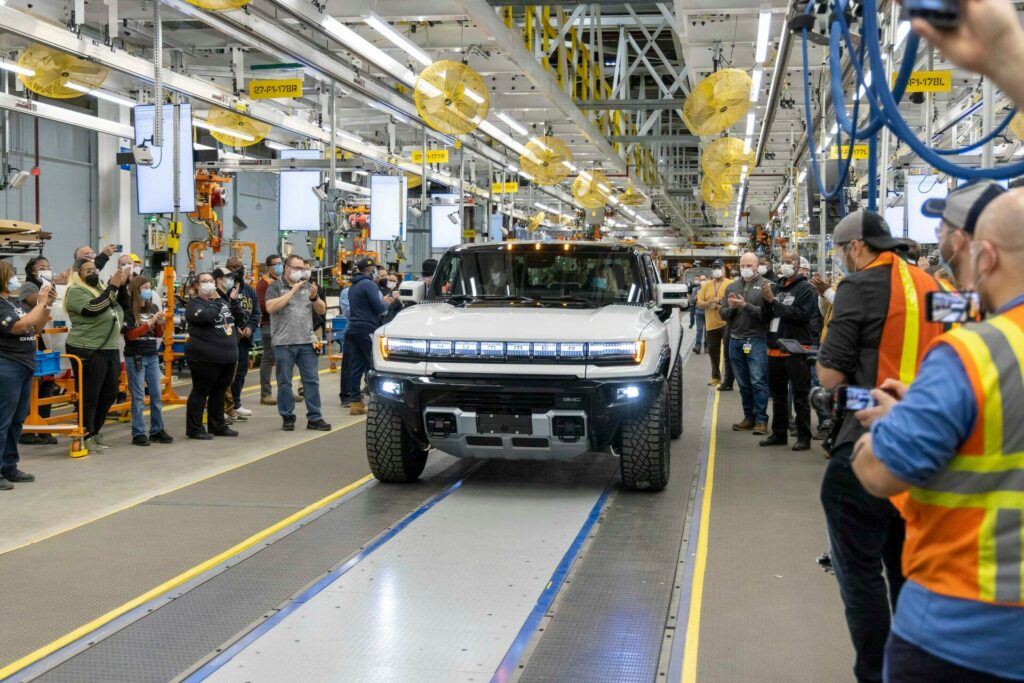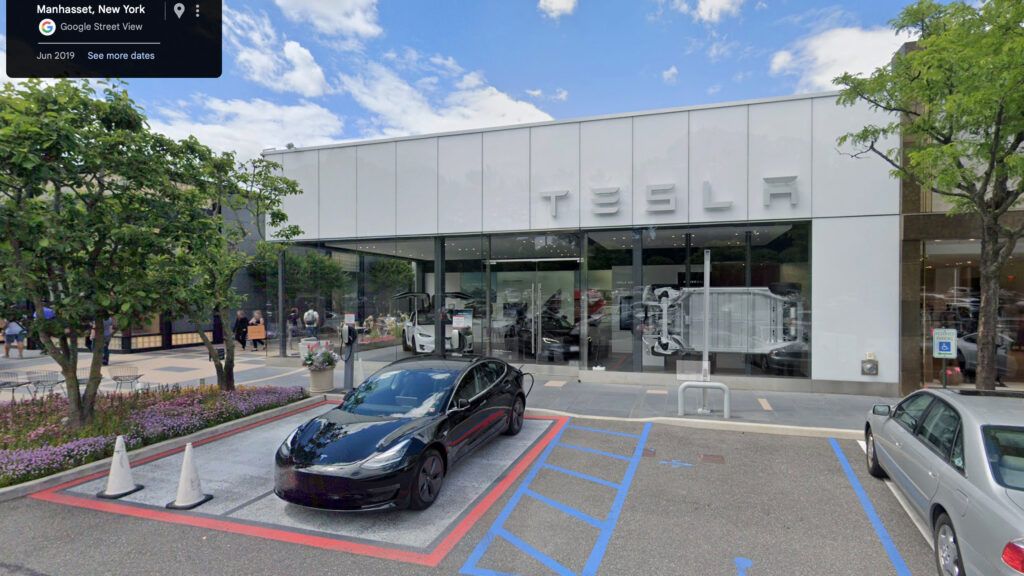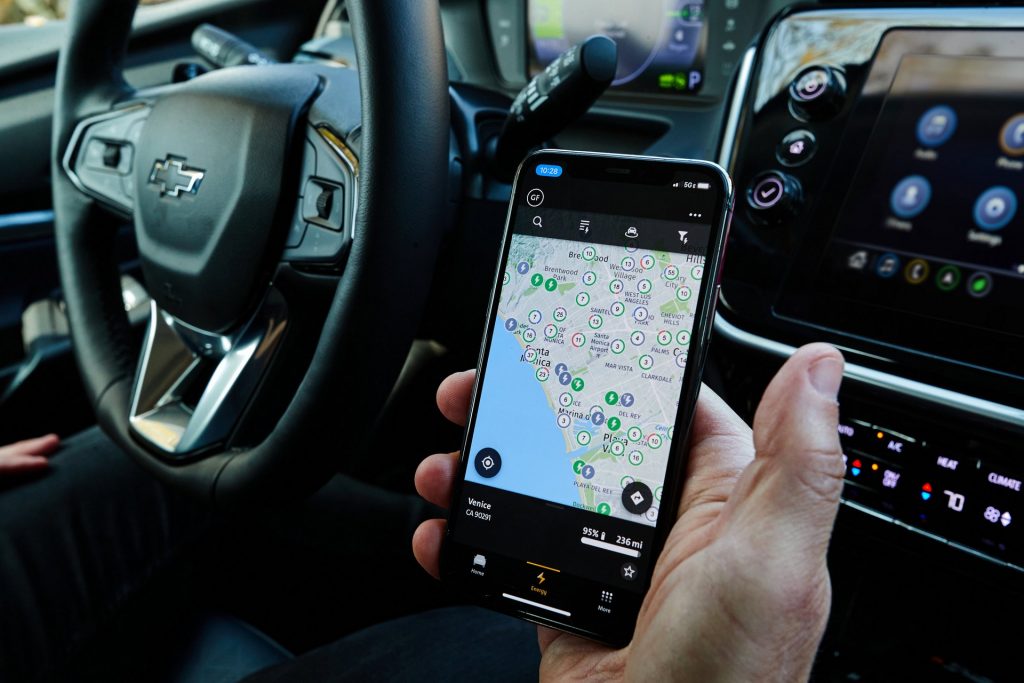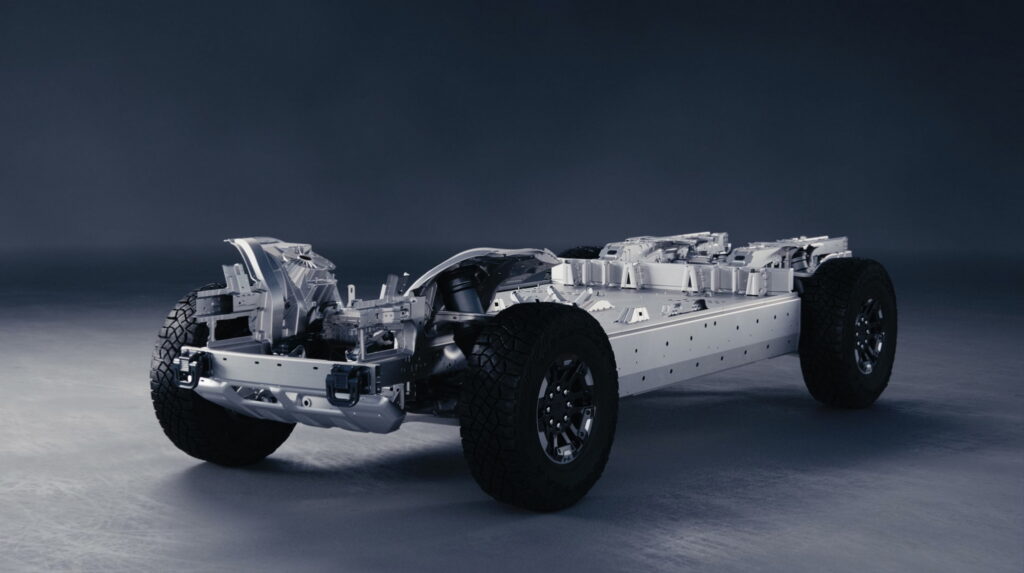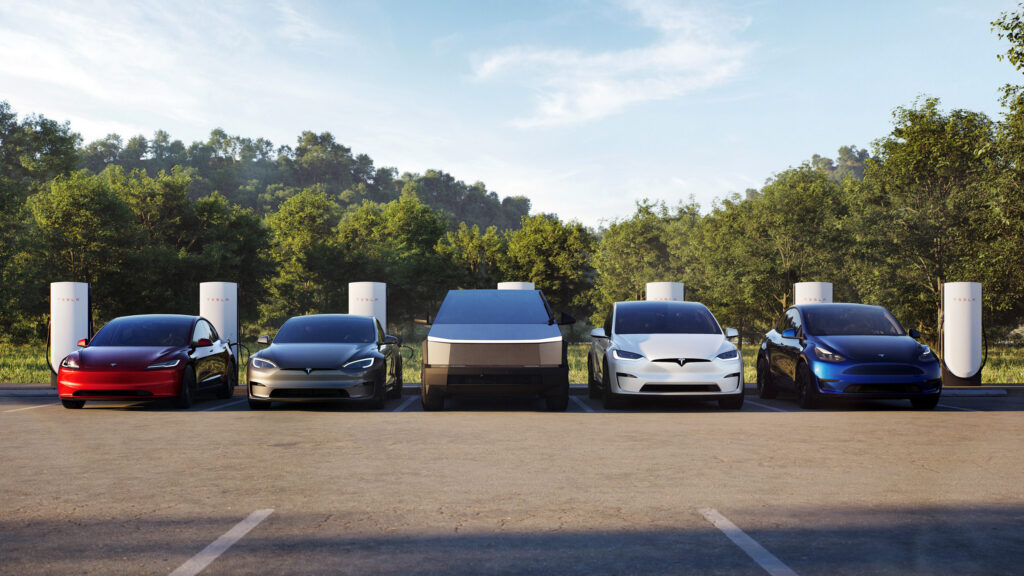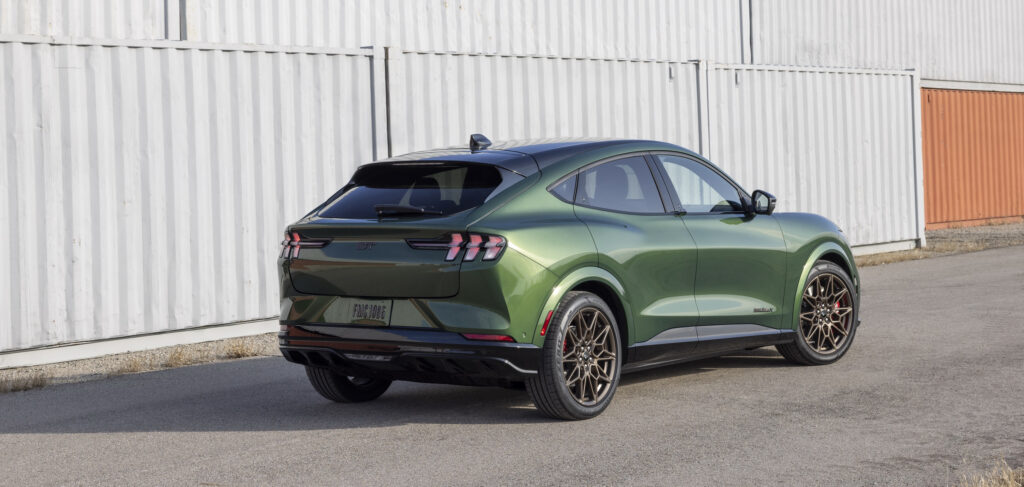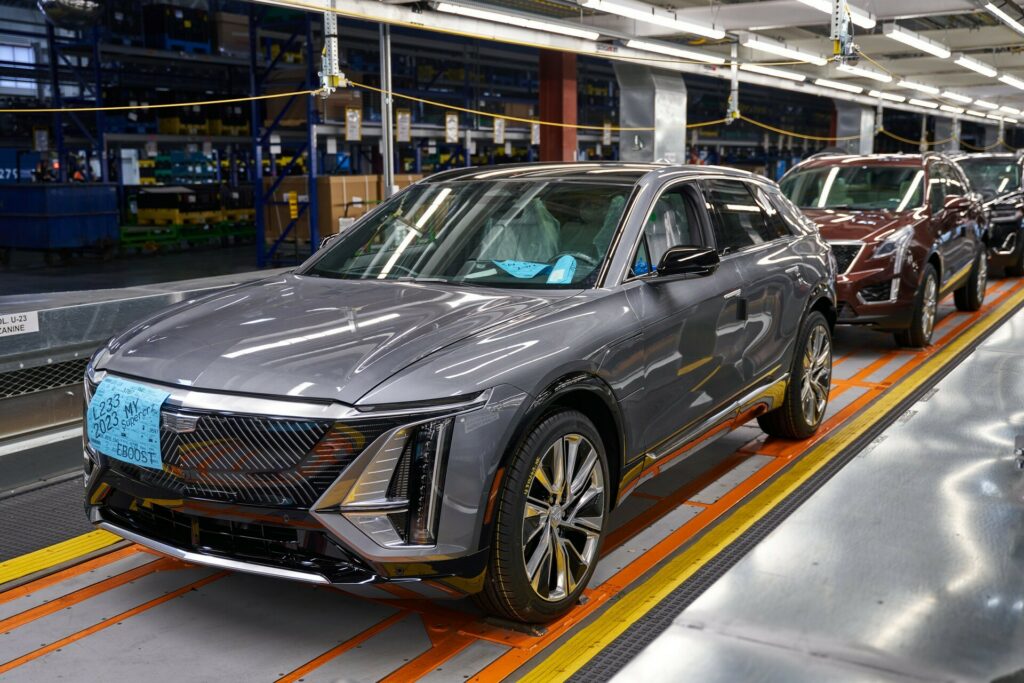17 Teslas Torched In Rome In What May Be Largest Attack In Europe Yet
- A new fire in Rome is the latest in a series of incidents targeting Tesla around the world.
- High temperatures from the blaze damaged 17 EVs, and the surrounding structure.
- No injuries were reported, and local authorities are currently investigating the cause of the fire.
A suspicious fire that tore through a Tesla dealership in Rome early Monday morning has left behind a scorched mess of metal and plenty of questions. At least 17 fully electric vehicles were destroyed in the blaze, marking the latest in a string of troubling incidents involving Tesla facilities around the globe.
The incident arrives amid growing backlash against Elon Musk, raising suspicions that this wasn’t just some random electrical mishap. While the exact cause remains under investigation, authorities have not ruled out arson. Fortunately, no one was injured, as the dealership was closed at the time of the fire. Still, the loss is significant, not just in property, but in what it might signal.
More: Man Tries To Torch Tesla Superchargers But Ends Up Torching Himself
According to local media, emergency services were alerted around 4 a.m. on Monday, March 31. Police have since questioned the dealership’s owners and are combing through CCTV footage, Reuters reports.
The fire broke out at the Tesla store located at 48 Via Serracapriola in Rome. Drone footage shared by the YouTube channel Local Team shows the parking lot littered with charred vehicle shells. At least 16 Teslas appear to have suffered irreparable damage.
These cars were reportedly prepped and ready for delivery to customers. Furthermore, the shed covering them was also damaged by the intense heat, though the Tesla dealership’s main building seems to have escaped the worst of it.
A Brand Under Fire—Literally
The timing is hard to ignore. Just two days before the fire, the so-called “Tesla Takedown” movement organized protests outside more than 200 Tesla dealerships across Europe and North America. Most gatherings remained peaceful, but a handful of them escalated into vandalism—and now, possibly worse.
Earlier this month, suspicious fires destroyed multiple Tesla EVs across the USA, as well as in Italy, Germany, and France. In Ontario, Canada, more than 80 vehicles were vandalized at a single Tesla dealership—another flashpoint in what’s quickly becoming a global anti-Musk movement. If there’s no connection between these incidents, it would be one hell of a coincidence.
#Vigilidelfuoco di #Savona in azione stanotte per l'#incendio di 17 automobili nel deposito vetture del porto cittadino. Utilizzata dalle squadre schiuma antincendio per abbattere le fiamme#30marzo pic.twitter.com/KJgVbvL8vw
— Vigili del Fuoco (@vigilidelfuoco) March 30, 2025
